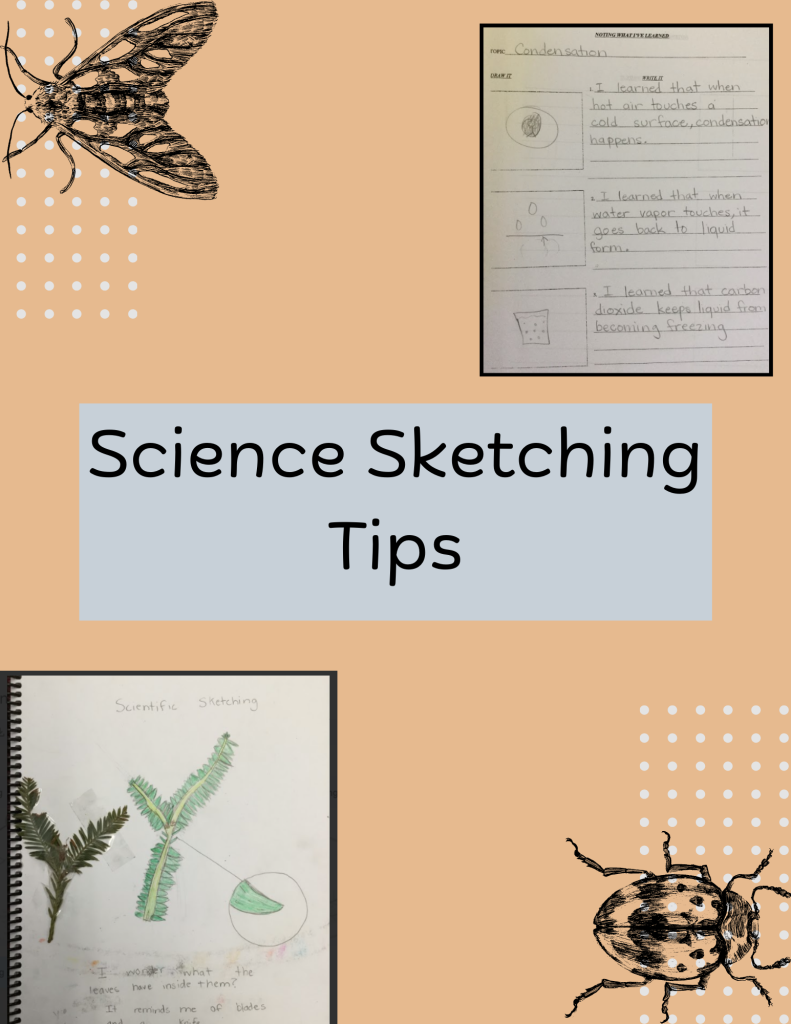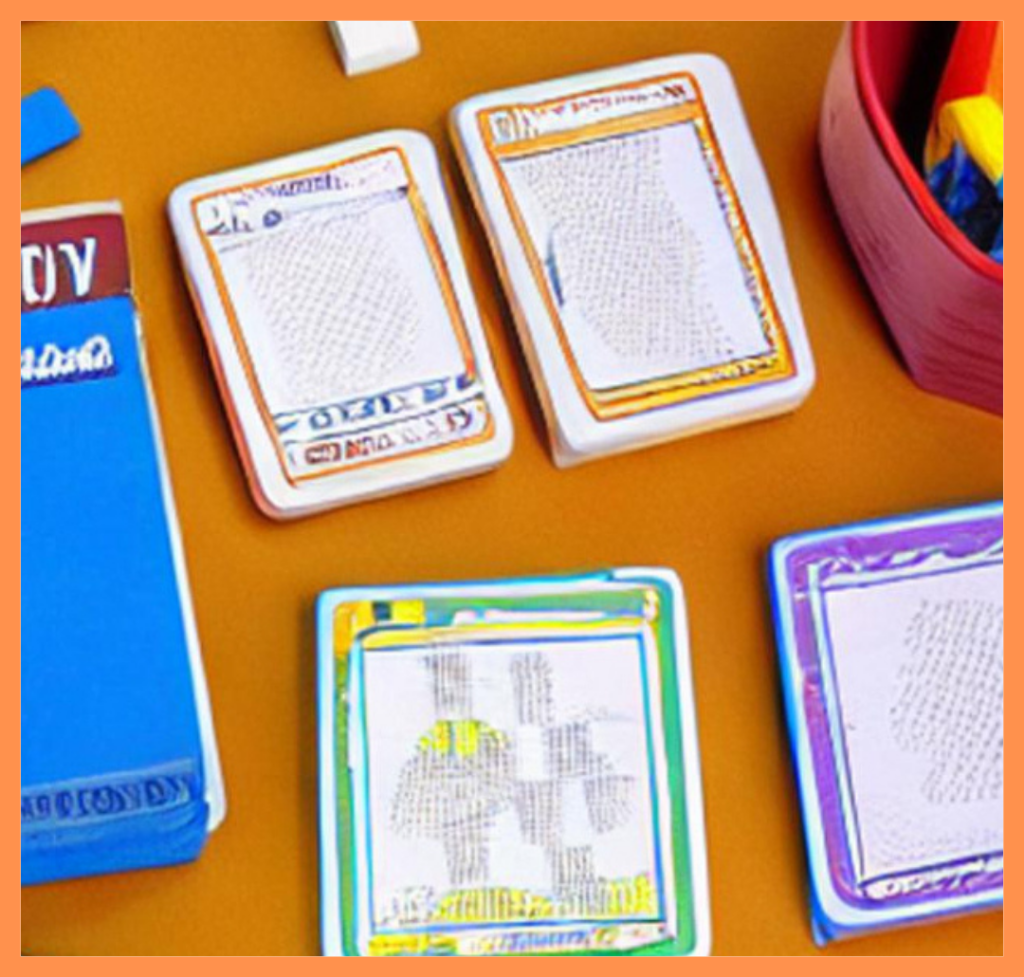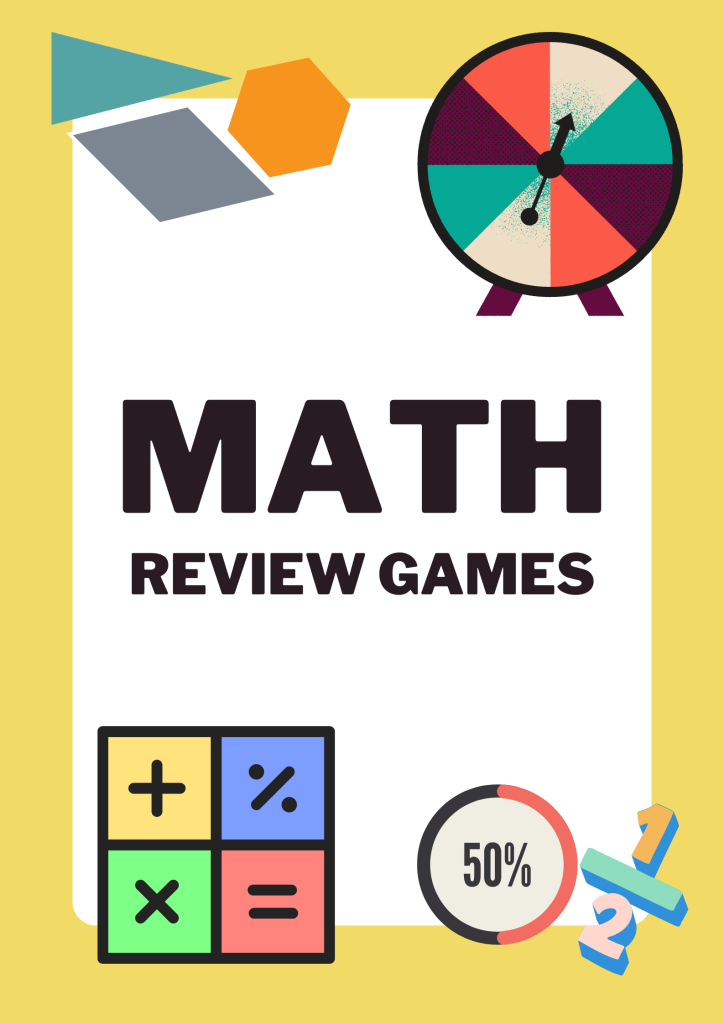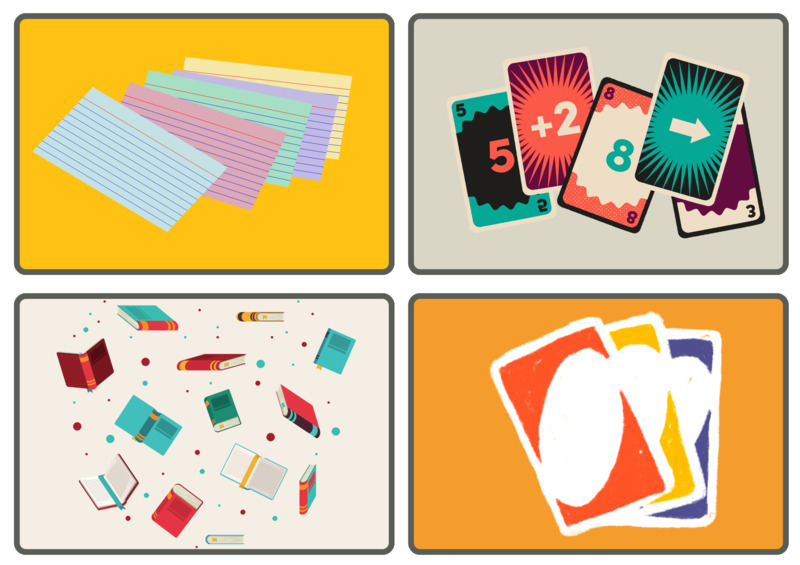Last Updated on September 15, 2024 by TrayKay
One thing I never particularly liked when homeschooling was doing reviews before moving on to new topics. Whether it was revisiting a math or science concept or recapping what we were reading in history, it always felt tedious to me. Sometimes, I would find excuses to skip it, thinking the kids were too bored or that I didn’t have time to review, especially when they were all elementary ages and needed more oversight. I was also influenced by the sentiment that the “drill and kill” method of rote memorization only led to superficial knowledge and stifled creative and critical thinking.
Fortunately, it didn’t take me long to realize the important role of repetition in the learning process. I discovered that repetition, when used judiciously, does solidify understanding and help children grasp concepts at their own pace. The key lies in finding the right balance. Too little repetition, and concepts might not stick. Too much, and the kiddos might become bored and unmotivated. Finding that sweet spot – just the right amount of repetition – varies not only from family to family but also from child to child within the same household.
When I first started homeschooling, knowing what and how to review was mostly straightforward. I simply followed the pre-made lessons in the boxed curriculum I used, which had built-in reviews. The challenge arose when I began crafting my own lessons from various sources. I had to consciously incorporate review sessions, and try to make them engaging enough to hold my children’s interest. But with all the free stuff online, it’s easy to find resources to inject some fun and variety into reviewing.
Flash Forward
Flashcards, like textbooks, tend to get a bad rap among homeschoolers. Not everyone likes to use them. But they can be very effective review tools. They’re great for quick, bite-sized learning sessions that can fit into those precious pockets of time throughout the homeschool day. They’re versatile enough for reviewing various subjects, from vocabulary and math facts to historical dates and scientific concepts. They’re portable, so you can use them on the go when you’re out and about. They’re easy to make and customize, and you can use them to assess understanding and monitor progress. When used creatively, flashcards can transform review sessions from dull drills into engaging games.
If online learning is your kid’s thing, you can use a free tool like Quizlet or Amplify to pull up ready-made flashcards and quizzes, or make your own.
Game On
Most subjects can be “gamified” in some way, whether the game is of the tactile, tabletop variety or the interactive digital experience. You can adapt a classic game – like Monopoly, or Jenga, or even a simple deck of cards – into a learning tool, helping a review to be more palatable. Or you can make up your own games. For some great ideas for gamifying learning, head over to Gypsy Gameschooler. And check out these free online games for reviewing multiple subjects:
Learning Games: Online and Hands-On, by traykayFor my family, one of the best ways to get my kids to focus was to have them move around. Consequently, our reviews would sometimes incorporate running, jumping, or throwing or kicking a ball around, both inside and outside. Seems incongruous, but it worked.
Picture This
Sometimes the best way to review is with visual aids, presenting the same information in a different way. From simple doodles and sketches to more comprehensive diagrams and mind maps, visualizing information helps kids to organize concepts in a way that makes sense to them. Branching diagrams provide a snapshot of how different facts and ideas are interconnected. Graphic organizers are good for activities like making comparisons and illustrating processes.
Visual aids also become quick-reference guides that can be referred back to, or added to as new concepts are learned.
Journaling
This versatile review technique combines writing, reflection, and those aforementioned visual methods. Journaling can help kids to:
- summarize main ideas and concepts in their own words
- jot down any questions that arise or topics they want to explore further
- draw connections between new information and prior knowledge or between different concepts within the subject area
- periodically review older journal entries and try to recall key information
- set learning goals and track progress in understanding different topics over time
Journaling adapts well to different subjects.
- Create a notebook like this for reviewing vocabulary, parts of speech, and other grammar topics while reading a book.
- Nature Journal: Document observations of plants, animals, or weather patterns over time. Include drawings, descriptions, and reflections, and connect it to what was learned.
- Find examples of math or science concepts in everyday life and write about them.
- After learning about a historical event, write a reflection on its significance and how it relates to the present day, or how it connects to the student’s own life.
Beyond the Books
Homeschooling makes it much easier to apply what you’re learning to the real world because the kids are learning concepts in context. Calculating costs of items at the supermarket while looking for deals and discounts; discussing fractions or states-of-matter while cooking; observing science concepts in your own backyard or at a local park; learning history at a local museum or historical site; or just having conversations at home and with people you see throughout day. There are many opportunities to reinforce what you’re learning without having to turn everything into a formal lesson.
Show What You Know
This could be with a culminating project that creatively integrates and showcases what has been learned. The project could take various forms, such as a writing assignment, an audio or video production, or even a hands-on building project. My children particularly enjoyed giving presentations. Occasionally, they would deliver speeches for a Toastmasters class. At other times, they created PowerPoint presentations to educate the family on a particular subject. Either way, when they selected topics they were actively learning about, they were both reviewing the information and expanding their knowledge — all while honing their public speaking skills.
What review methods do you use to help your kids retain information?




